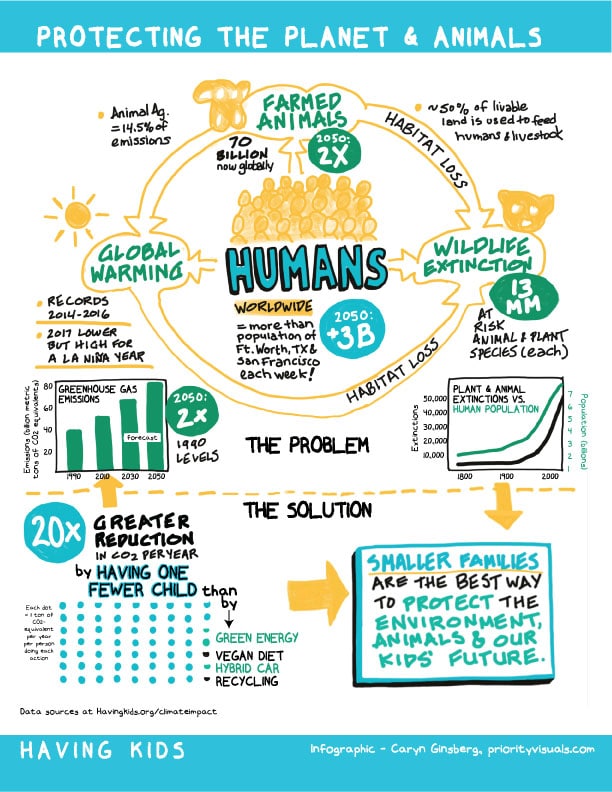Focus in on almost all work done by those who hold themselves out as animal protectionists and you will see them focused on the particular behaviors of those who abuse animals. From research labs, to factory farms, to puppy mills, our brains – given to think in the here and now – see what the abusers do, rather than who the abusers are and how they differ from the people we can aspire to be.
But the genesis of the abuse comes years before it’s committed, in the creation of the abusers, and if we wanted to maximize our impact on nonhumans we would hone in on that. We would see how humans plan their families, and how that impacts the development of things like empathy and the practice of compassion. From the demand for abusive animal products and services, to the qualities and dispositions of the researchers, ranchers, zookeepers, hunters, etc., we miss the fundamental driver of abuse – demand and supply – by ignoring the laws and policies that determine our creation.

But what do we do, specifically?
Our current and largely aspirational humane education laws and systems are a good start. Though rarely enforced, they are ubiquitous and apply the correct standards. But without linking them to family planning and population policies, they fall far too downstream, and do not do what animals need them to do: Capture the key phase of human development (early childhood), and actually determine the behavior of humans and the impact of future generations.
The beauty of focusing on responsible parenting is that unlike many forms of animal protection, it is highly intersectional, and its baseline is set by a widely celebrated value: Democracy. The minimum level of empathy and helping tendency we should require of every human, and develop in all future ones, is that necessary to ensure a functional social contract. It’s not about altruism – it’s about legitimate and just systems. Given that our current laws and policies ensure no levels of empathy or comparable qualities whatsoever, nonhumans will benefit greatly (especially when we factor in the quantities of humans at stake) from our pursuing even relatively minimal standards – like Fair Start.
Take action:
If you support an organization engaged in animal protection urge them to include in their focus the negative qualities of the abusers, and in their programming humane education, law and policy reforms that use those qualities – like sociopathology – as factors in reproductive justice reform. It’s that reform that does the most good for animals by creating a smaller future world population of people in whom we’ve invested more, the sort of people democracy requires.

